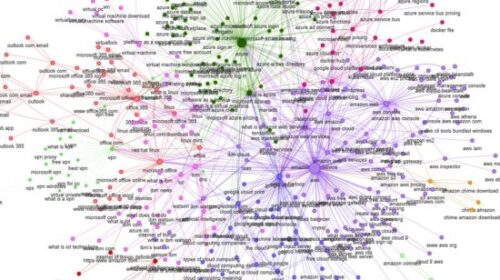Bing Ads changes when conversions are reported
The change applies to conversion and assist reporting.
Bing Ads is switching the time at which a conversion is reported as having occurred, the company announced last week.
Conversions now get reported as having happened when a user clicked on an ad that led to a conversion — rather than at the day and time when the conversion is completed. Likewise, assists are reported based on when a user clicked on the ad that contributed to a conversion.
How it works. As an example, Bing Ads presents this scenario:
- Day 1: A user clicks on your ad (keyword 1) and browses through your website to see if you have a product they want.
- Day 2: The same user clicks on another one of your ads (keyword 2) and, while on your website, adds a product to their cart, but doesn’t complete the purchase before leaving the site.
- Day 3: The user goes back to your website and completes the purchase of the product in their shopping cart.
Results: With this change, the conversion will be reported as having occurred on day two and the assist event will be reported as happening on day one. Previously, both the conversion and assist would have been reported as occurring on day three.
Why it matters to advertisers. Bing says the new timing will help bid modifiers for ad scheduling perform better because they will align with the time of the ad click and will help advertisers get a clearer picture of the customer journey.
This also brings conversion reporting timing in line with the way Google Ads reports conversions.
Advertisers that have short conversion cycles may not see much of a change in reporting. Those with longer conversion windows may see some fluctuations for a bit “as the new reporting data stabilizes” says Bing Ads.





